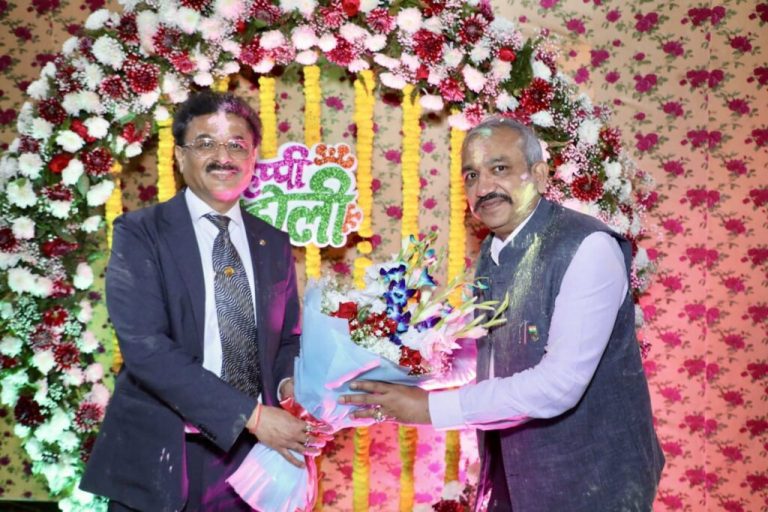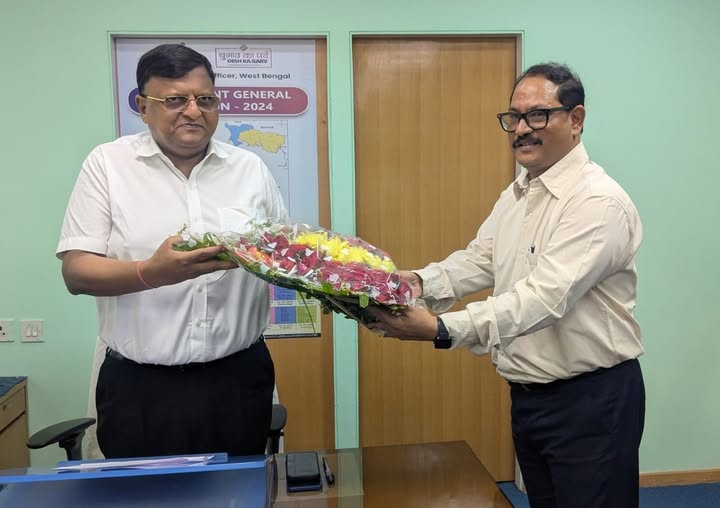New Delhi: The Supreme Court has granted interim relief to senior IAS officer Y. Srilakshmi by staying trial proceedings against her in the high-profile Obulapuram Mining Scam. The bench, comprising Justice M.M. Sundresh and Justice N.K. Singh, issued a stay order while hearing a Special Leave Petition (SLP) filed by the officer challenging the Telangana High Court’s refusal to discharge her from the case.
Background of the Case
Srilakshmi was named in a supplementary chargesheet filed in connection with the scam. She moved the trial court seeking discharge, arguing that the allegations against her amounted to mere suspicion, without any specific or substantive accusations. However, her petition was dismissed by the trial court in 2022.
She subsequently approached the Telangana High Court, which allowed her revision petition and granted her discharge on November 8, 2022. The Central Bureau of Investigation (CBI) challenged this order before the Supreme Court, which on May 7, 2025, set aside the High Court’s ruling and remanded the case back for a fresh, reasoned order.
Following the Supreme Court’s directions, the Telangana High Court reconsidered the case but ultimately dismissed her criminal revision. Srilakshmi then approached the apex court once again.
SC Questions High Court’s Reasoning
During the hearing on Friday, Senior Advocate Siddharth Dave, appearing for Srilakshmi, argued that the case lacked the legal basis to proceed to trial. The bench issued notice in the matter and stayed the ongoing trial. Notably, Justice Sundresh observed that the Telangana High Court’s recent dismissal appeared “very strange,” suggesting a lack of adequate judicial reasoning.
Nature of Allegations
The CBI has alleged that between 2006 and 2009, while serving as Secretary, Industries & Commerce Department of the erstwhile Andhra Pradesh government, Srilakshmi abused her official position by omitting the crucial condition of “captive mining” in a lease agreement issued to Obulapuram Mining Company Pvt. Ltd. (OMC). She also allegedly issued two government notifications in favor of the company.
This omission reportedly enabled OMC to bypass rules under the Mines and Minerals (Development and Regulation) Act, 1957 and the Mineral Concession Rules, 1960, causing substantial losses to the public exchequer. The alleged offenses fall under Sections 120B and 409 of the Indian Penal Code, and Sections 13(2) read with 13(1)(d) of the Prevention of Corruption Act, 1988.
Despite a plea for a stay on proceedings, the Telangana High Court on July 25, 2025, had declined to halt the trial.
What’s Next
With the Supreme Court’s stay in place, the trial proceedings will now remain halted until the apex court completes its hearing on the matter. The decision marks a temporary relief for Srilakshmi, though the case remains under judicial scrutiny and far from resolution.






























